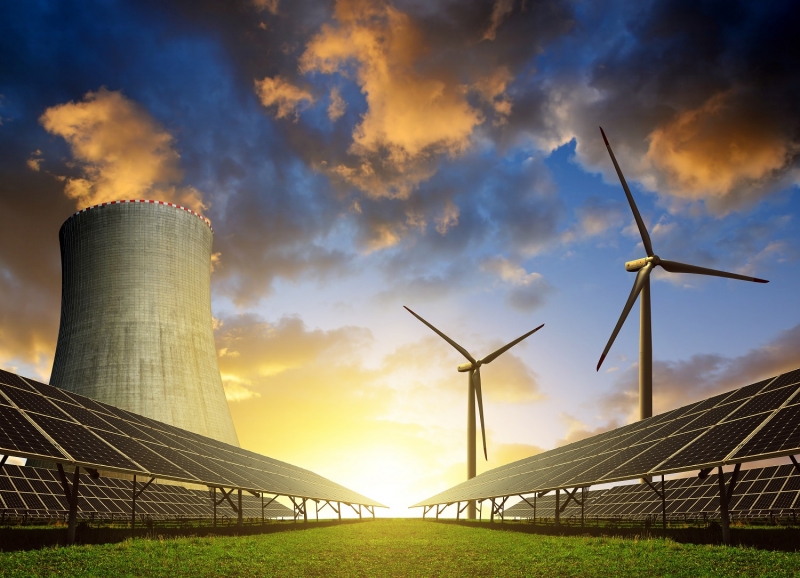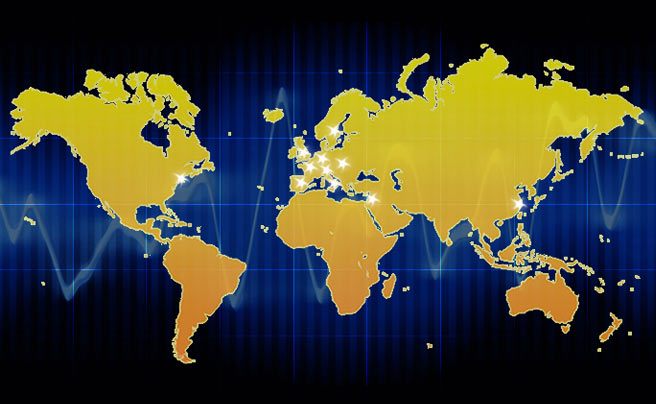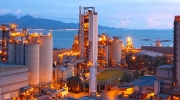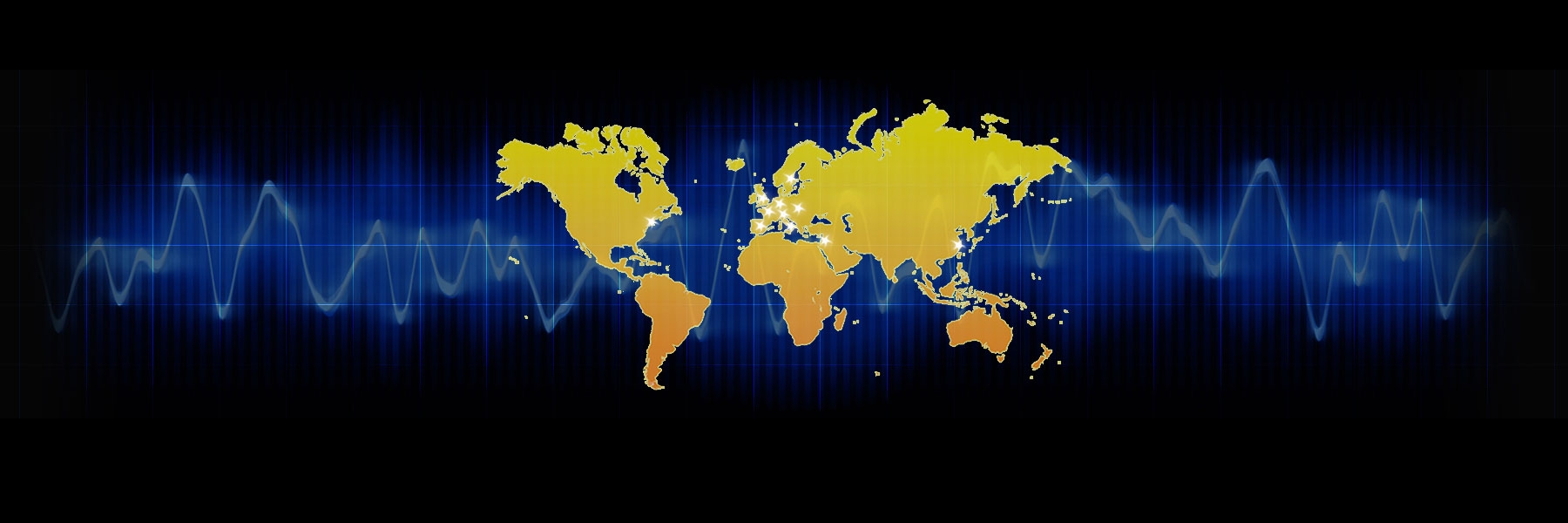Will the energy crisis end in 2023?
The main message from the International Energy Agency (IEA): "Avoid gas shortages in Europe"

After energy prices peaked at the beginning of Autumn 2022, the French government forecasted a difficult winter with possible energy restrictions, and the Prime Minister strongly encouraged people to act daily to save energy, while inviting businesses to implement drastic good practices to limit their consumption. How do things now stand at the beginning of 2023? As a result of the conflict in Ukraine, Europe has decided to stop using Russian gas. Although the price per megawatt-hour of gas has fallen significantly to the level before the war in Ukraine, it nevertheless remains much higher than the twenty or so euros per megawatt-hour which we had been accustomed to for years. Is there a trend indicating a return to normal energy prices?
It's difficult for economists to define their position and achieve a consensus because energy prices depend on so many different factors, such as geopolitical events, market speculation, weather, the levels of reserves, etc. The energy crisis has had the merit of shuffling the political cards. Europe's dependence on Russian gas became a hot topic, leading to a common strategy based on the necessity of diverisfying our sources of supply and focusing on alternate energy sources.
After a period in the shadows, this has once again put the Nuclear sector in the spotlight. It is seeing significant development worldwide with new-generation nuclear power plants in France and China, which is launching an experimental fast neutron reactor. Similarly, to avoid power cuts, Germany and South Korea are suspending the planned closures of their nuclear plants. Germany and China are also reversing their plans to abandon coal, launched to combat climate change.
In 2022, the major focus was on hydrogen, in gaseous or liquid form, a clean but expensive energy soirce which needs significant investment for transport and storage.
Solar energy will continue to expand, increasing demand for renewable energy (excluding hydroelectric) by 11%. Hydroelectricity has fallen back slightly to around 3% due to water shortages and doubts regarding its genuine ecological virtues.
The trend is therefore to capitalize on the consumption habits developed in recent months in terms of restraint while continuing to seek diversification of our energy sources with solar power, heat pumps and liquefied natural gas (LNG).
Sources: Tendances/Trends, expertises-énergie.fr, la Tribune, le point.
Check out CA ENERGY’s metering offer to ensure that “every kilowatt-hour counts”.
Pyrocontrole’s K1/K3-qualified temperature sensors for nuclear power plants.
Power quality analysis and logging instrumentation.














